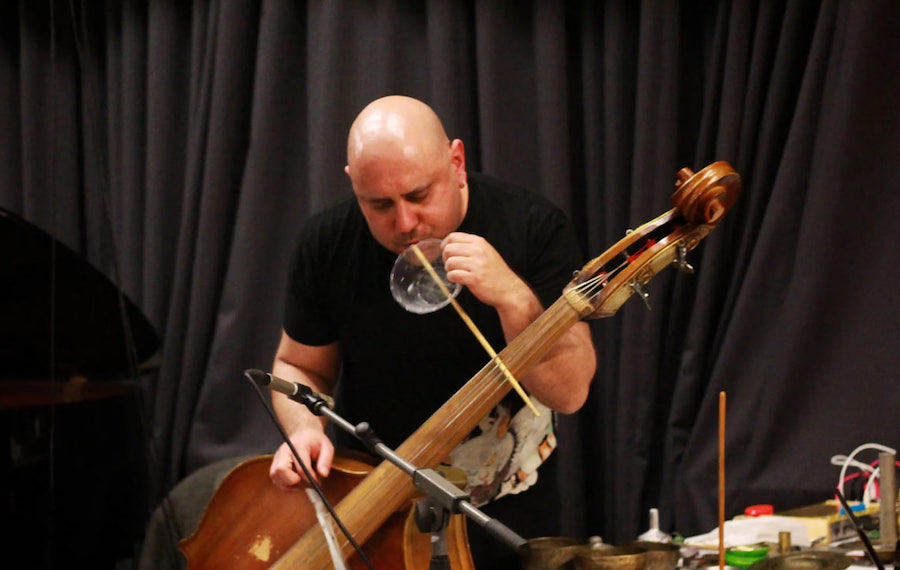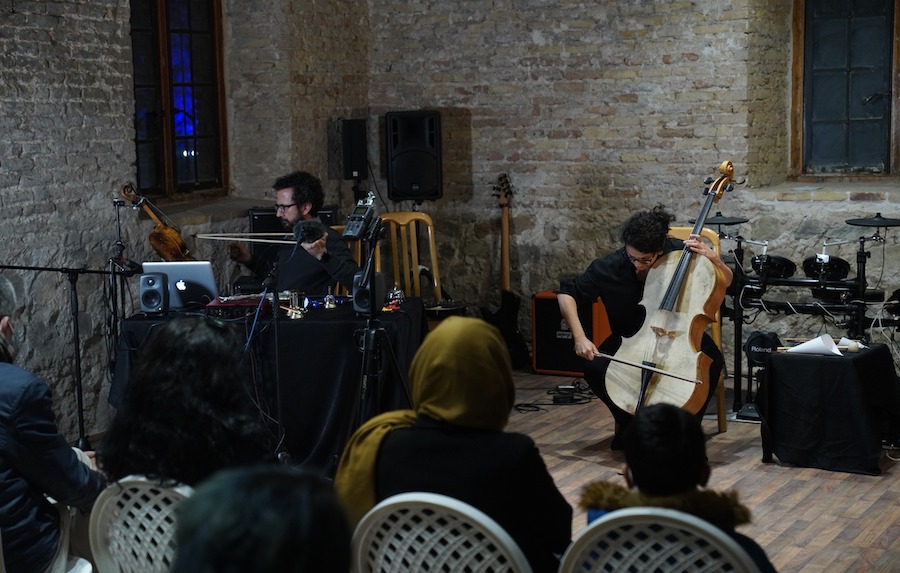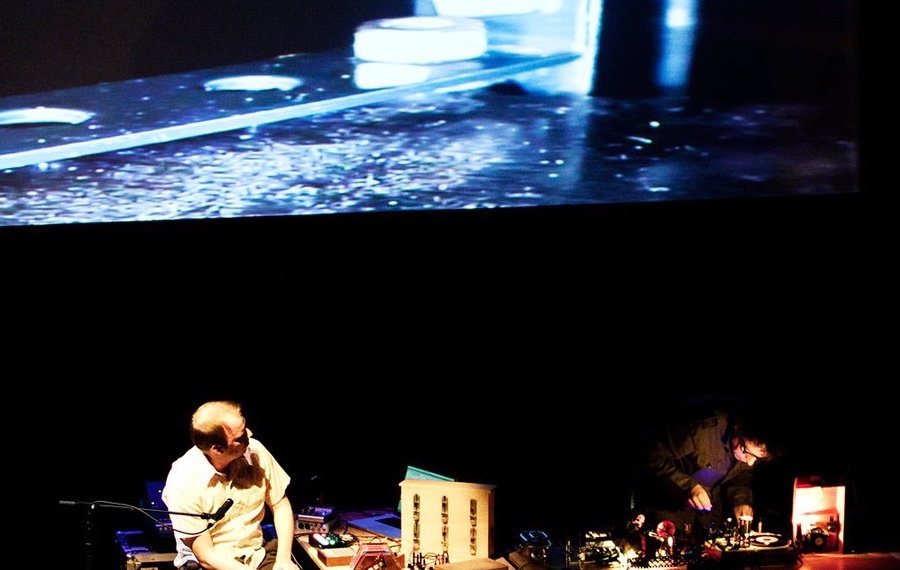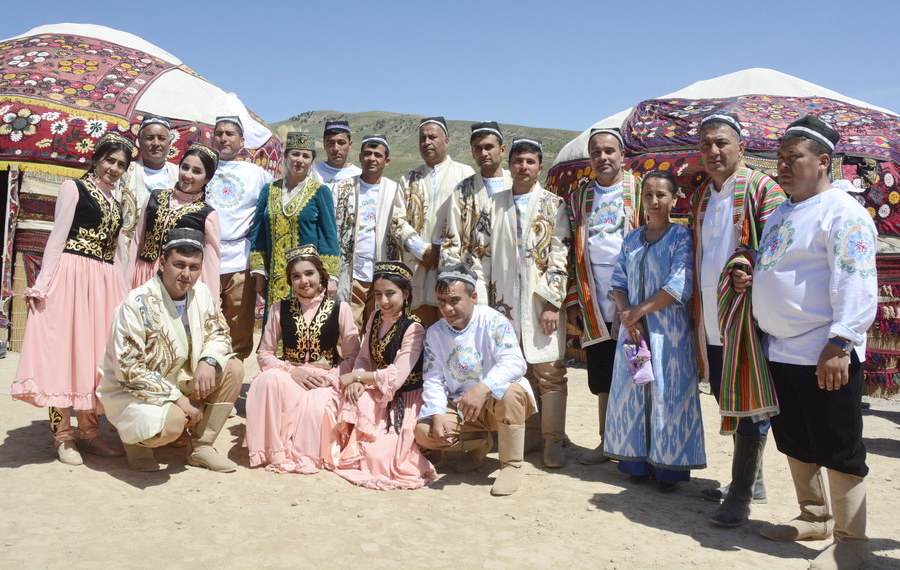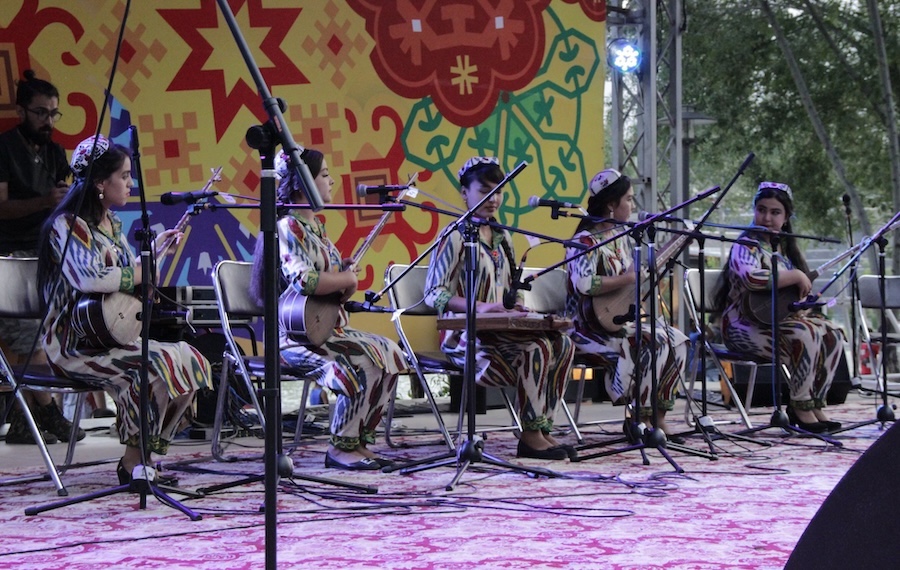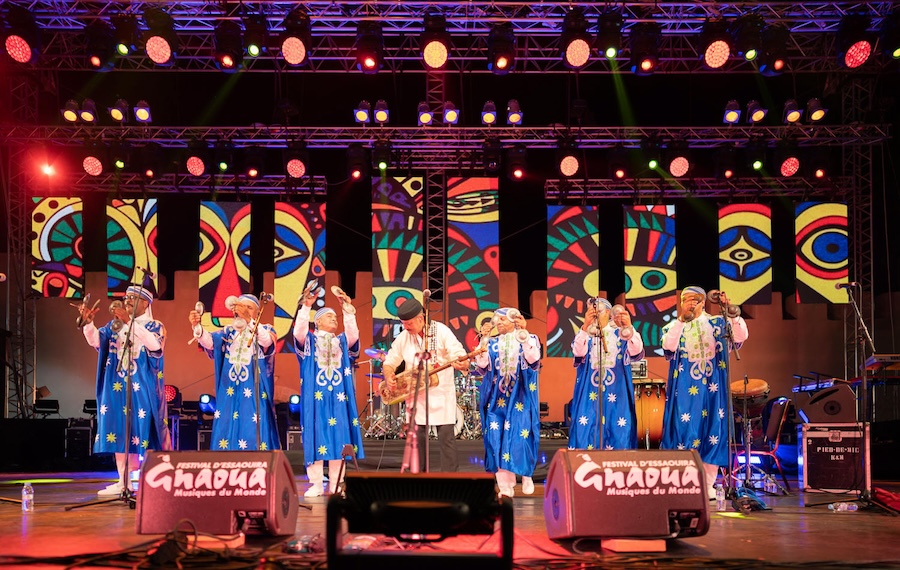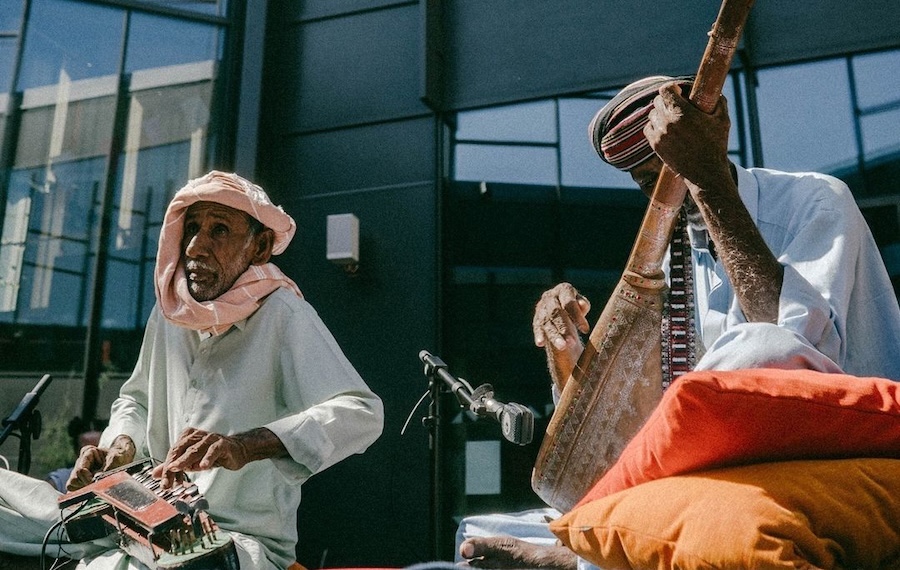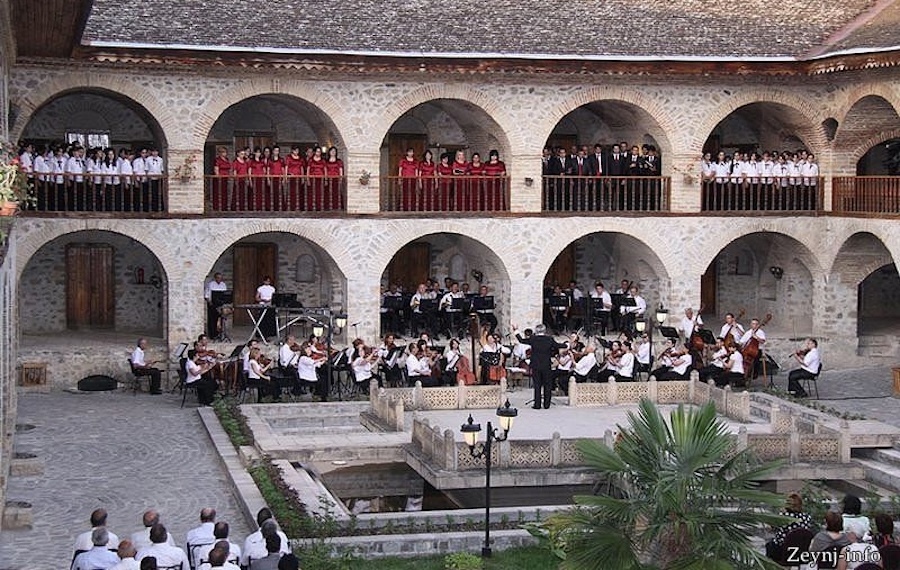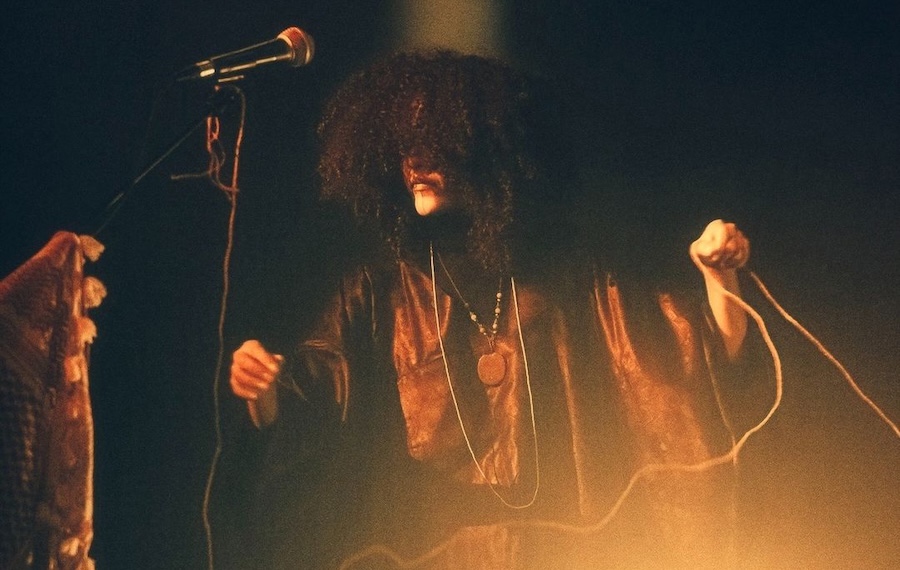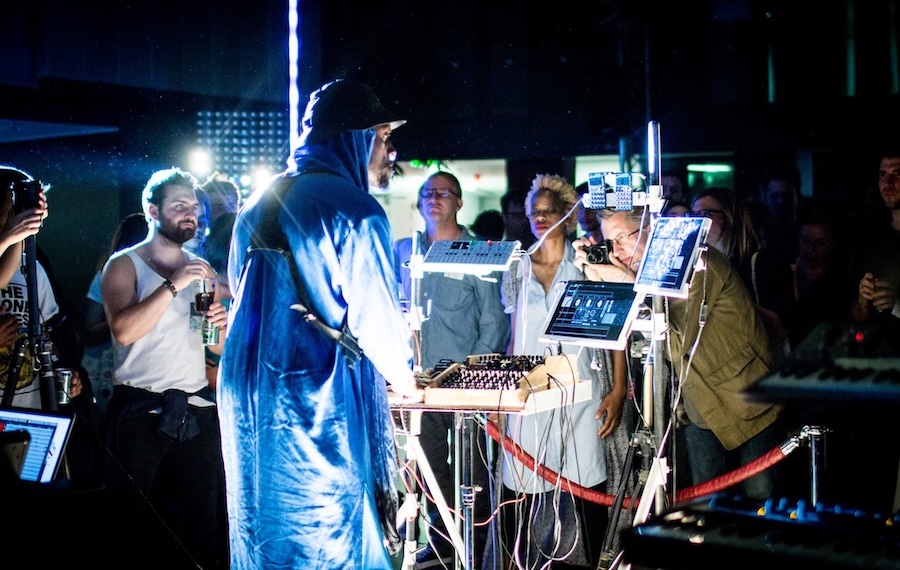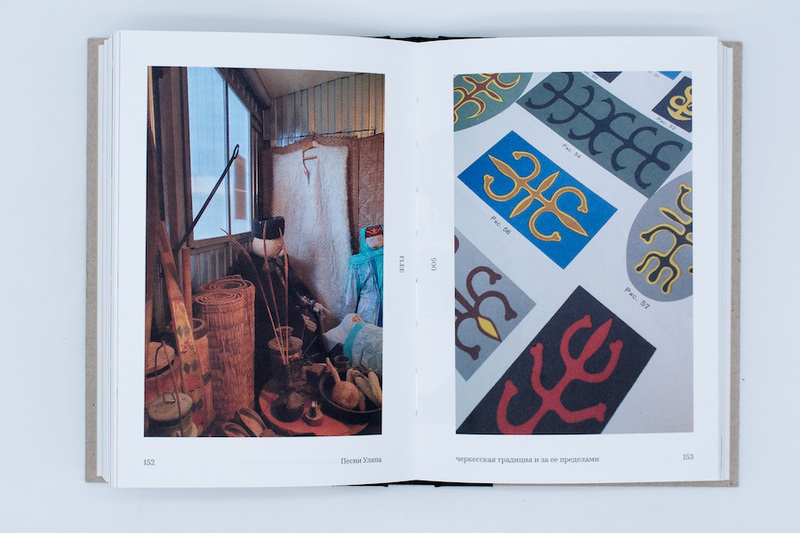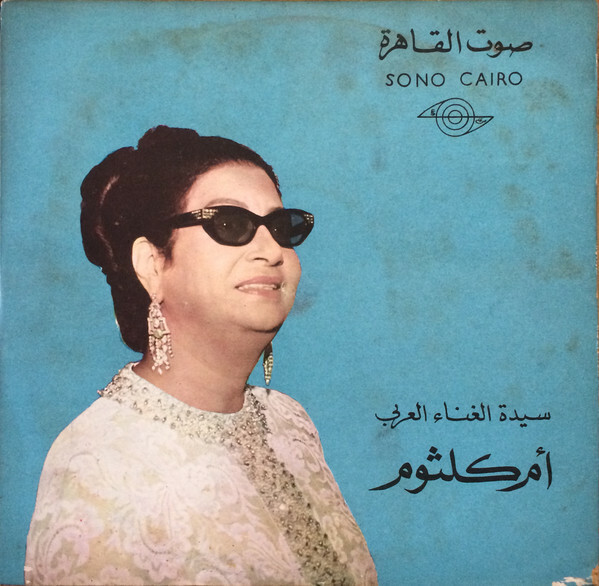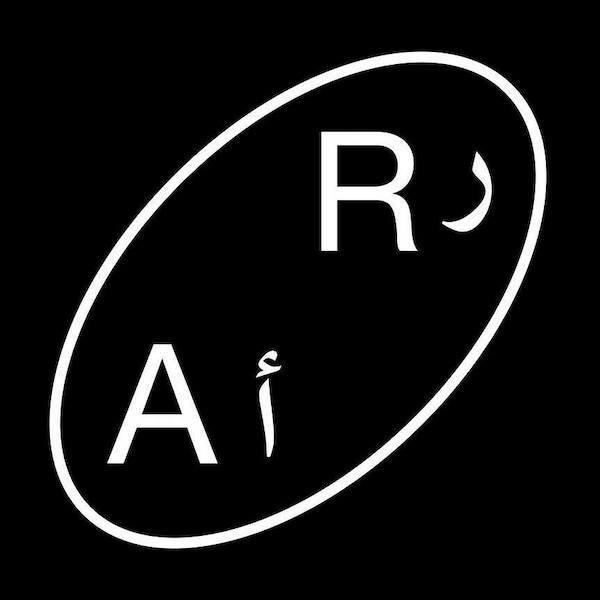
Music festivals can be exhausting, unappealing, and untimely disappointing affairs, featuring long, uninteresting commutes, uninspired lineups, and boring venues. For 2024, Evgeniy Galochkin, the co-founder of the TOPOT label and curator of Farsh and Richterfest festivals, has got you covered. He's here to offer up a list of the most unexpected and appealing musical events of the next year.
Lebanon's oldest international festival of experimental music, celebrating its 25th anniversary this year, has always been held in Beirut—it somehow has never been closed down, even by the pandemic, Israeli bombs, or the catastrophic explosion in the harbor. Usually the event takes over several chamber halls and art centers at once, where the sounds of contrived free jazz, academic avant-garde, agonizing noise, oriental post-rock, and other related genres can be heard. The curators of the festival (and at the same time members of A Trio) place an emphasis on the local scene and debut performances, as well as on exclusive collaborations of musicians gathered especially for Irtijal (the Arabic word for "Improvisation"). In different years, in an almost homely atmosphere, it has been possible to hear sets by artists such as The Necks, Nadah El Shazly, Karkhana, Senyawa, and others.
SPACE21 (March-April, Slemani, Iraqi Kurdistan)
A small festival of sound art and free improvisation, first organized in 2017 by experimental sound enthusiast Hardy Kurda. Space21’s vision is to promote sound art for audiences by using public spaces as an artistic arena (e.g. a former tobacco factory). At the festival one can hear some very obscure sound artists from the Middle East and Central Europe: Cedric Fermont, Sharif Sehnaoui, and Anthony Sahyoun, for example.
Borderline Festival (April 4th-28th, Athens, Greece)
The festival, under rotating curatorship (the program was once produced by Greek Movement Radio and Lebanon's Irtijal Festival), tries to combine all facets and shades of contemporary progressive music, boldly exploring new electronic and pop music, electro-acoustics and avant-garde, noise performances and sound installations in its line-up. In addition to the music program, the event features artist talks, lectures on new audio technologies, and film screenings. The organizers’ main focus is on local artists, but the line-up is also full of familiar names, such as Slikback, Lawrence English, Moa Pillar, and others.
Boysun Bahori (April or May, Boysun, Uzbekistan)
A small folk festival in the protected town of Boysun at the foot of the picturesque Boysuntau Mountains in Uzbekistan, held every two years. One can hear unique Uzbek music, millennia-old traditions dating back to the pre-Islamic era. In 2001, UNESCO recognised the culture of Boysun as a "Masterpiece of Oral and Intangible Cultural Heritage," which prompted the organization of the festival. Participants can also take part in national games, watch craftsmen at work, and taste the unique cuisine of the region.
A fairly large annual folk festival in the small mountain town of Khorog in Tajikistan, right on the border with Afghanistan. Just getting to the venue is an adventure: from Dushanbe to the town, a narrow, winding and only road rises to an altitude of 2,200 meters. But it is worth it! For several days here you can hear about a hundred performers of national music from Tajikistan, Kyrgyzstan, Uzbekistan, Pakistan, India, France, Austria, the Netherlands, and other countries of the world.
Gnawa and World Music Festival (June 27-29th, Essaouira, Morocco)
The largest festival of Gnawa, spiritual and dance music mainly from Morocco. Due to its unique compositional rules, a single track in this genre can last several hours, during which time more and more sonic elements are added to its monotonous yet engaging repetitive rhythms. The performers are joined by other musicians from the line-up to end each set with an improvised jam. Gnawa and World Music Festival lasts three days, from dawn to dusk, and attracts several thousand listeners.
Clandestino Festival (July, Göteborg, Sweden)
The festival in Gothenburg, Sweden, positions itself as a multicultural event, first organized in 2003 to draw attention to the tragic fate of Peter Ikweri. Peter sought refuge in Sweden, where he fled the war in the borderlands between Uganda and Sudan. However, he was deported to Ghana where he was immediately imprisoned. The festival, which aims to draw attention to refugee issues, features a host of concerned musicians, from Mats Gustafsson and Denisse Bowell, to Mulatu Astatke and Irreversible Entanglements.
İpək Yolu (July, Sheki, Azerbaijan)
A large folk festival in the small medieval town of Sheki in Azerbaijan, surrounded by the mountains of the Caucasus Range. A great opportunity to experience the world of traditional music of the Caucasus for a few days in the most picturesque locations of the city: the main caravanserai will be dedicated to the performance of key opera works of Azerbaijan, the summer stage of the Drama Theatre will be filled with mugham performances, and the garden of the Palace of the Sheki Khans will feature the sounds of classical chamber music. The festival program will also include performances by key national ensembles from China, Turkey, and Uzbekistan.
A multicultural French festival that brings together topical artists from North Africa, the Middle East, and Latin America. Noykobop offers a chance to deconstruct the hackneyed notion of "world music" and look at it differently, through the prism of new genres, include mando-trap, kwaito-house, Gqom, électro sabar, amapiano, min'yō électro, zague, nu-dabke, neo perreo, singeli, gommance, dancehall, and gengetone. Artists such as Nihiloxica, Kokoko!, and Dengue Dengue Dengue Dengue have already performed at the festival. This year Noykobop will be held for the 5th time—come expecting a grand ghetto vibe.
Phonetics Sound Fest (November, Algiers, Algeria)
An almost-brand-new (debuted last year in the capital of Algiers) festival of new electronic and experimental music, with a focus on workshops and music labs. Everyone is welcome to apply for residencies, the finale of which will be three festival days. The festival is an interesting opportunity to find out how Algeria's most relevant music is born here and now. Last year's festival participants included local and beyond artists such as Territoire, NSDOS, Rehab Hazgui, Hichem Chakour, and others.
Cover photo © EastEast. Set Design and photography: Ilyas Hajji. Studio Surat, 2024
Other images provided by the author. Copyright owners Irtijal, SPACE21, Borderline Festival, Boysun Bahori, The Roof of the World Festival, Gnawa and World Music Festival, Cladestino Festival, İpək Yolu, Noykobop Festival, Phonetics Sound Festival
